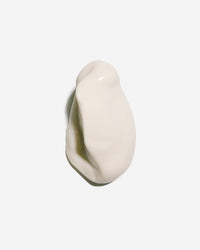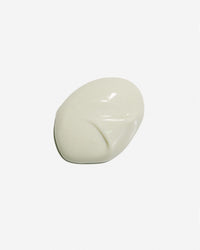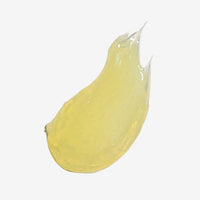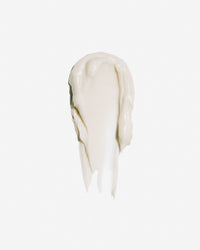Chronic poor sleep quality will impact the body's functions and, in particular, lead to signs of skin aging. Studies have shown a worsening of dark circles, a decrease in skin repair capacity, particularly after UV exposure, as well as an increase in transepidermal water loss, which promotes dryness. In the long term, the appearance of these signs can have consequences on self-image.
Sleep plays a crucial role in skin health, and its benefits are numerous. Here are the main effects of sleep on skin.
It promotes better cell regeneration
During sleep, the body focuses on cell regeneration and repair. The skin is one of the organs that benefits from this process. Collagen production, which is responsible for the skin's elasticity and firmness, is particularly stimulated during the night. This regeneration is even more effective during deep sleep phases (e.g., REM sleep and slow-wave sleep).
It reduces inflammation
Lack of sleep can lead to increased inflammation, often manifesting as redness, irritation, or rashes. Good sleep helps regulate inflammation, allowing the skin to repair itself more effectively and reducing the risk of acne or psoriasis.
It reduces stress
Cortisol , a stress hormone, causes a decrease in collagen production. Collagen is a structural protein that helps give volume and strength to the skin. Indeed, the extracellular matrix is an essential component of the skin that gives it its elasticity and compressibility. To learn more about collagen, read our article on the most effective anti-aging active ingredients. When collagen is reduced, the skin becomes less supple and firm. Quality sleep helps regulate hormones and, therefore, maintain healthier skin.
It improves skin hydration
Sleep promotes skin barrier repair, which helps maintain proper hydration levels. Additionally, during the night, skin metabolism is more active, and the skin tends to retain moisture better. Insufficient sleep can lead to dehydrated, duller skin that is more prone to wrinkles.
Lack of sleep can lead to poor circulation, which results in dark circles and puffiness under the eyes. Discover our dermatologist's tips for treating puffiness and dark circles in this article .

Rested and regenerated skin appears brighter and healthier. Restful sleep reduces the production of free radicals and helps fight signs of aging, such as wrinkles and loss of firmness. Sleep is therefore essential for maintaining healthy skin. A lack of sleep can worsen skin problems such as acne, dehydration, and the premature appearance of wrinkles. It's one of the most natural and effective ways to maintain glowing and healthy skin.
Our dermatologist's advice:
Identify the problem
Finding the cause of your sleep problems is essential to treating them. They can be medical if they are related to physical (pathological) disorders, or they can require natural techniques for psychological disorders.
If you have nighttime awakenings around 3 a.m., this is a sign of a liver overloaded with toxins, I advise you to take a course of anti-blemish food supplement for detoxification through the liver.
We explain this mechanism in more detail in our Acne Guide .
Promote a pleasant environment
Ideally, you should sleep in a quiet place away from outside noise. It's a good idea to keep your body temperature around 22°C. Needless to say, a good bed base and mattress are essential for a good night's sleep.
Practice a sporting activity
Exercising several times a week helps you get better quality sleep. Regular exercise has very restorative effects: It increases total sleep time . It leads to faster onset of sleep, fewer awakenings during sleep, an increase in total sleep time and slow-wave sleep. It decreases REM sleep.
Limit alcohol and caffeine
Caffeine is a psychoactive substance, meaning it causes somatic effects on the body. Like alcohol, caffeine reduces the time it takes to fall asleep and often leads to poor sleep quality. They impair sleep.
Avoid screens before bedtime
People who use their smartphones in bed before falling asleep are at higher risk of being poor sleepers. Increased smartphone use at bedtime is associated with increased fatigue. This is compounded by increased difficulty waking up among people around the age of 40 and a decrease in sleep duration among those around the age of 60.
To properly regulate your biological clock, it is advisable to establish a ritual in the evening; repeating it at a fixed time will prepare you for a good sleep.
- a self-massage of the face with a complex of vegetable oils such as Nourishing Rose Petal Oil
- a chamomile, linden or verbena infusion with soothing and anti-stress benefits.
If you lack interest, enthusiasm during the day, if you have difficulty getting up or, conversely, if you are irritable, if you cannot take a step back, if your sleep is restless, perhaps you are lacking neurotransmitters (serotonin or dopamine), vitamin B, iron. In this case, I advise you to consult a micro-nutritionist. In case of heavy sleep disorder, I recommend that you consult a doctor who can prescribe a treatment adapted to your needs.




